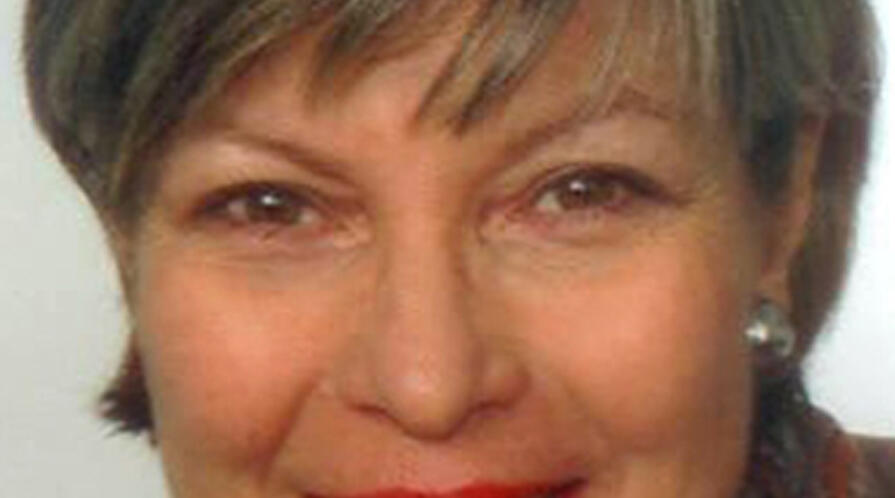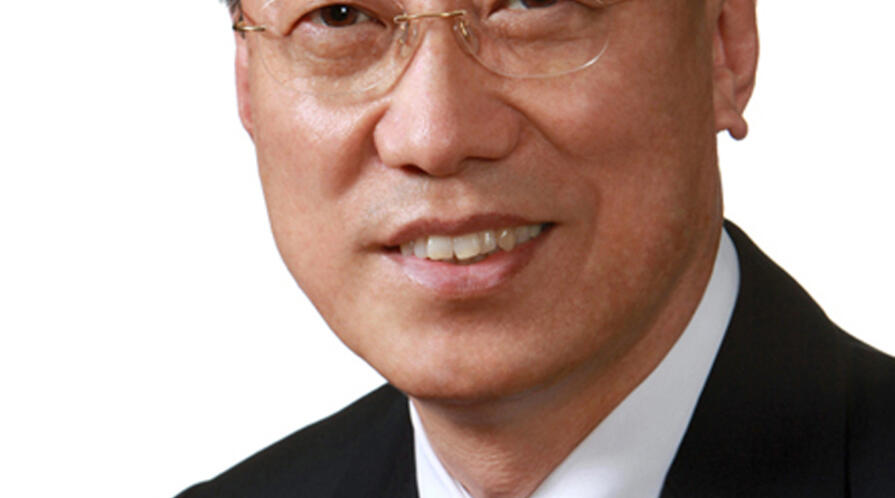On Friday, April 1, Stanford
University hosted twelve North Korean officials making an unprecedented
economic tour of the United States. Organized by Professor Susan Shirk of the
University of California Institute on Global Conflict and Cooperation, the two-week tour of American businesses and academic institutions was an opportunity
for the visitors to see firsthand what improved relations with the United States
might mean in terms of economic cooperation.
The North Koreans included
senior and mid-level officials responsible for economic, trade, financial and
foreign affairs. Their visit took place despite the lack of diplomatic
relations between the United States and the Democratic People's Republic of
Korea (DPRK) and the continuing U.S. and UN sanctions against the country for
its development of nuclear weapons and long-range missiles.
Welcoming the visitors to a
luncheon in Encina Hall, David Straub, associate director of the Korea Program at the Walter H. Shorenstein Asia-Pacific Research Center (Shorenstein APARC), briefed them on the
Freeman Spogli Institute for International Studies at Stanford University (FSI)
and its research centers, including Shorenstein APARC and the Center for
International Security and Cooperation (CISAC). Straub also introduced
representatives from FSI and the School of Medicine who have been involved in
policy, academic, and humanitarian engagement projects with the DPRK.
Mr. Henry S. Rowen, co-director
of the Stanford Program on Regions of Innovation and Entrepreneurship (SPRIE),
then outlined the history and organization of Stanford University and its
leading role in the development of Silicon Valley. Mr. John Sandelin, senior
associate emeritus of the Stanford Office of Technology Licensing, described
the university's policies on sharing university-generated intellectual property
with the private sector. Following the presentations, American guests at the
luncheon, including CISAC's Dr. William J. Perry and Dr. Siegfried S. Hecker,
had informal discussions with their North Korean tablemates about the
possibilities of, and obstacles to, economic collaboration between the two
countries.
The North Koreans' visit to
Stanford concluded with a stop at the Hoover Tower observation deck for a
panoramic view of the Stanford campus, where they were able to see how Stanford
graduates had developed Silicon Valley literally around the campus. DPRK
delegation members expressed appreciation for the hospitality they were shown
at Stanford and underlined their hopes for economic exchanges with the United
States.
The most recent previous visit to Stanford by a DPRK
delegation took place in January 2008, when CISAC Professor John W. Lewis,
Shorenstein APARC director Gi-Wook Shin, and the School of Medicine's Dr.
Sharon Perry hosted five public health officials for discussions about
collaboration on tuberculosis control. Out of that visit evolved Stanford's
DPRK Tuberculosis Project, which, in association with the DPRK Ministry of
Public Health and NGO partners, is developing the country's first laboratory
with the capacity to diagnose drug-resistant tuberculosis.







